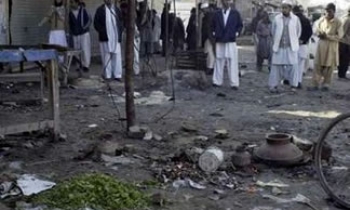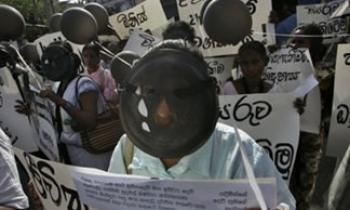Cartoons making fun of the Prophet Muhammad that were published in a Danish newspaper last September are suddenly one of the hottest issues in international politics. Muslims in Europe and across the Middle East have been holding protests with growing levels of violence and now loss of life.
The easy points to make about the continuing crisis are that (a) people are bound to be offended if their religion is publicly mocked, and (b) the proper response is not to go on a rampage and burn down buildings. If Muslim organizations want to stage peaceful marches or organize boycotts of Danish goods, they're certainly within their rights.
The pictures, one of which showed the prophet with a bomb on top of his head in place of a turban, violate a common belief among Muslims that any depiction of Muhammad is sacrilege. The paper that first published them did so as an experiment to see whether political satirists were capable of being as harsh to Islam as they are to other organized religions. If that sounds juvenile, Americans still recognize it as within the speech protected by our First Amendment.
The New York Times and much of the rest of the nation's news media have reported on the cartoons but refrained from showing them. That seems a reasonable choice for news organizations that usually refrain from gratuitous assaults on religious symbols, especially since the cartoons are so easy to describe in words.
The cartoons were largely unnoticed outside Denmark until a group of Muslim leaders there made a point of circulating them, along with drawings far more offensive than the relatively mild stuff actually printed by the paper, Jyllands-Posten. It's far from the first time that an almost-forgotten incident has been dredged up to score points with the public during politically sensitive times.
The governments of the countries in which the demonstrations are occurring are responsible for keeping them nonviolent. Lebanese officials have rightly apologized to Denmark for failing to control a protest that ended with the torching of the Danish Consulate in Beirut. That's in stark contrast with what happened in Syria, a nation where there is no such thing as a spontaneous demonstration, yet where large crowds managed to assemble and set fire to the Danish and Norwegian Embassies.









